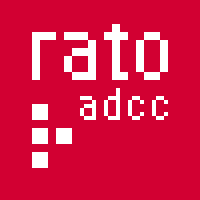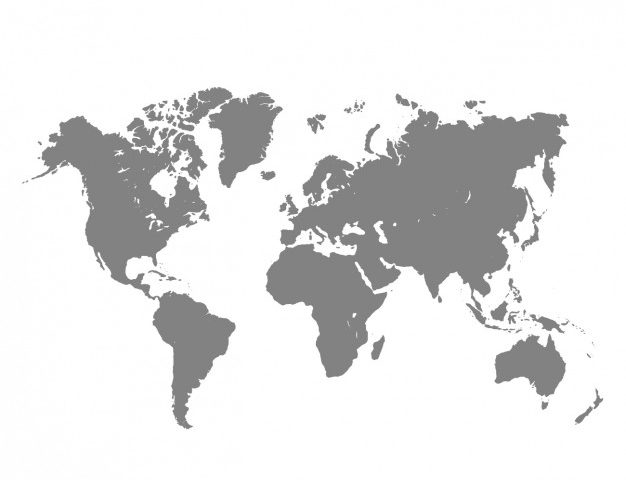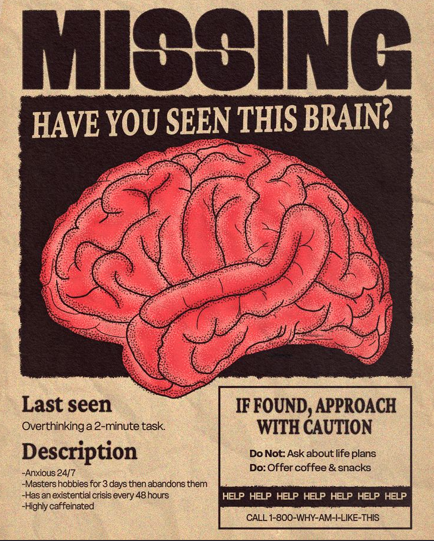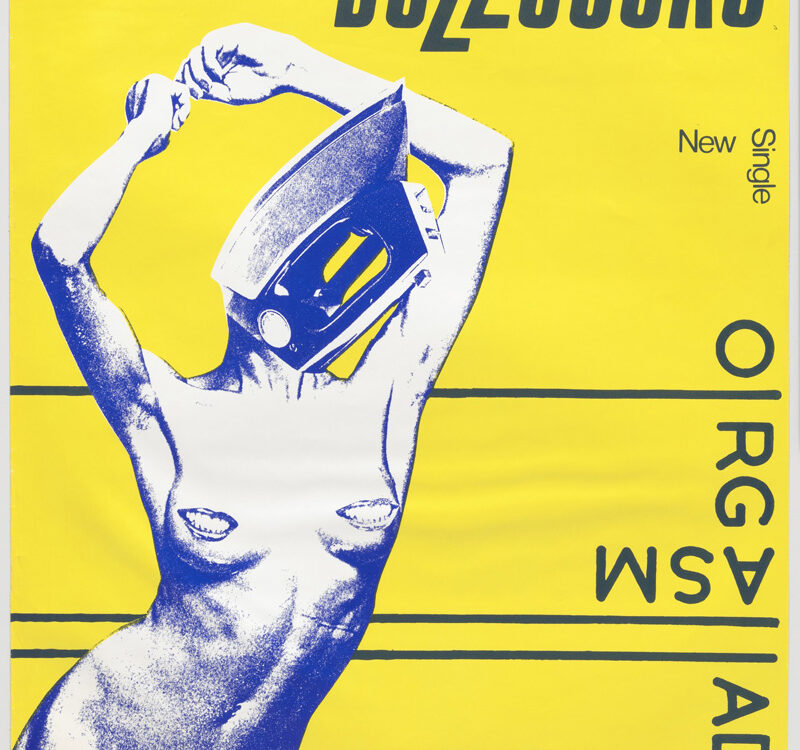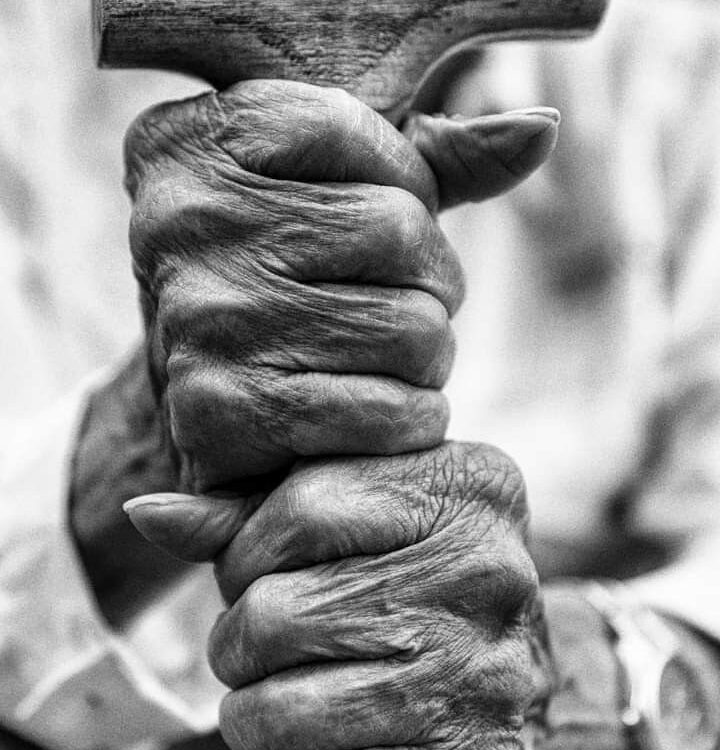“So I’m the only one from the Middle East? From the third world?”
A sentence I said when we were all gathering in a circle, introducing ourselves and where we’re from. I didn’t give this sentence much dimension and was some sort of an internal joke with my flatmates as they were surprised that Jordan was actually considered one of the third world countries. They probably imagined starvation and hunger, health diseases and economic failure, the same as I imagine countries in south of Africa.
I said this sentence and didn’t give it a second thought.
The training gathered volunteers of Erasmus+ and EVS to introduce them to the process, their rights and obligations, the learning process and other things, and for me mainly to initiate this relationship with bright individuals from around the world that are here volunteering and going through similar experiences as I am, the ones that relate to living in a foreign community with different costumes and traditions. It’s a chance to share experiences and build a support system that will help in the learning path we’re going through in our projects.
Going back to the main sentence ” I’m from the third world”. A couple of days later, I was in a conversation with the trainer in this training, he said: Don’t let the myth of being from what’s so called the third world control your mind, we’re all the same, we are all human and each community suffers its own misery.
The MYTH of the third world! I couldn’t stop thinking about what he exactly meant. I don’t even know how and when the world was divided into three.
A typical understanding of the world “order” divides countries into three: First, second and third countries; based on political and economic divisions. But through out searching and reading, I discovered there is two different concepts of this division, the first is the common understanding I previously mentioned that emerged during the Cold War, which the “third world” is referred to countries that remained non-aligned with either NATO or the Communist Bloc, which then was shifting to describe a different meaning after the fall of the Soviet Union to refer to the least developed countries (low economic development, low life expectancy, high rates of poverty and disease, etc..). This slight difference changed the listed countries to the order. For example before, China and India belonged respectively to the second and third worlds, but after the shift of definition, both China and India are part of the Third World, putting into consideration both countries host a large population even then and now.
So where is this going? Why does this matter? why did he say it’s a myth?
I found this video, a TedTalk by Hans Rosling, who was a professor in International Health, that got me to rethink of these conceptions of the world division. His argument depicts the rapid change and development of countries that are considered undeveloped.
I found it really interesting and maybe not directly explaining the myth of the world division and world order, but even if it was true, it is changing, the measurements are also changing, the indicators to say a country is developed or not are changing.
Why did he say it’s a myth controlling my mind?
In my society, we look at western countries as the land of the free, the land of stability and money, where you have the best health care and the good salary that will buy you the house with the view and all of that dream. At some point, everyone dreams to go to the west, at some point youth try to find a way to escape the reality they live and go to the land of wonders. I am one of these people who actually believed that life is definitely better in Europe, everything about this place is better, even the air you breathe there is cleaner, and to a certain limit, it truly is. But then reality hits in, when you discover that each community has their own problems, each society suffer a different type of misfortune.
Maybe that’s what he meant, maybe he was referring to the problems he was going through as a human being, maybe that’s what it is, a different type of injustice that has nothing to do with the political division of the world and more about being all human beings with needs and struggling to fulfill these needs.
I’m still trying to figure out what myth is he referring to and how is it controlling me, but I came to the conclusion that this division is imaginary, created by power just like other myths dividing human beings. The myth of the “three worlds” is similar to the barriers we human beings created dividing continents into countries into cities into areas into neighborhoods, and the more these divisions are created the more barriers are built between the same flesh and bones of human beings.
